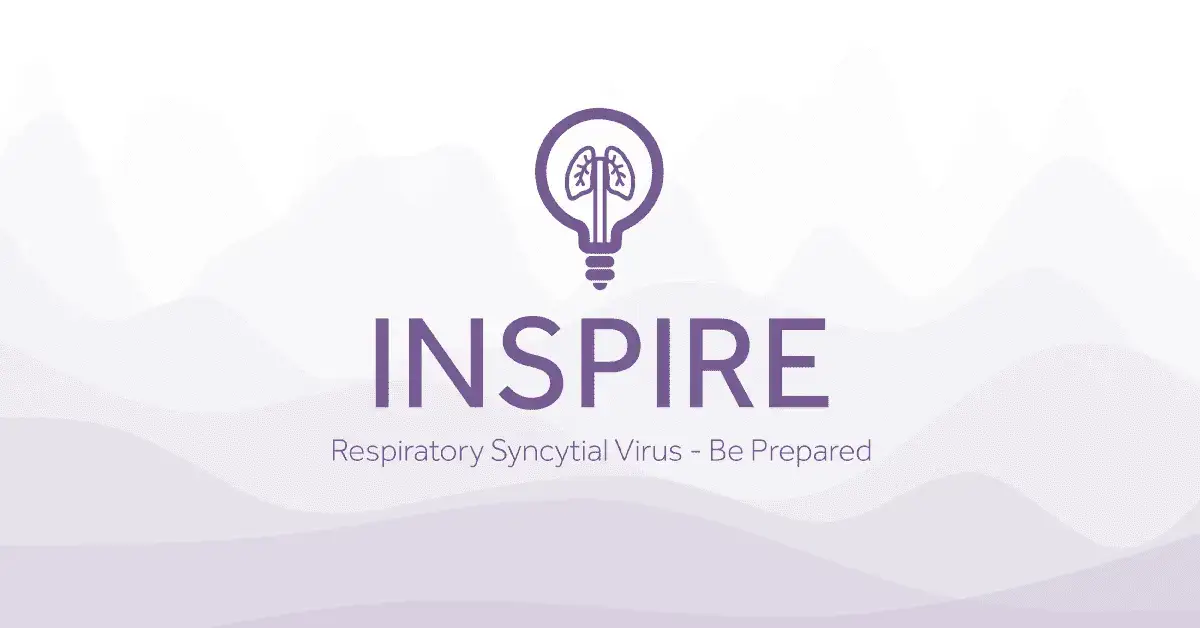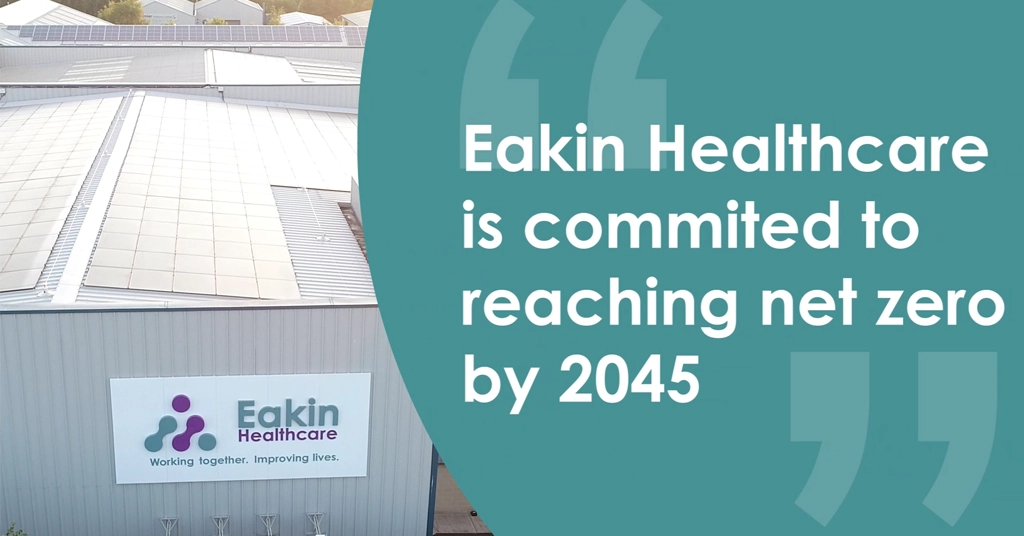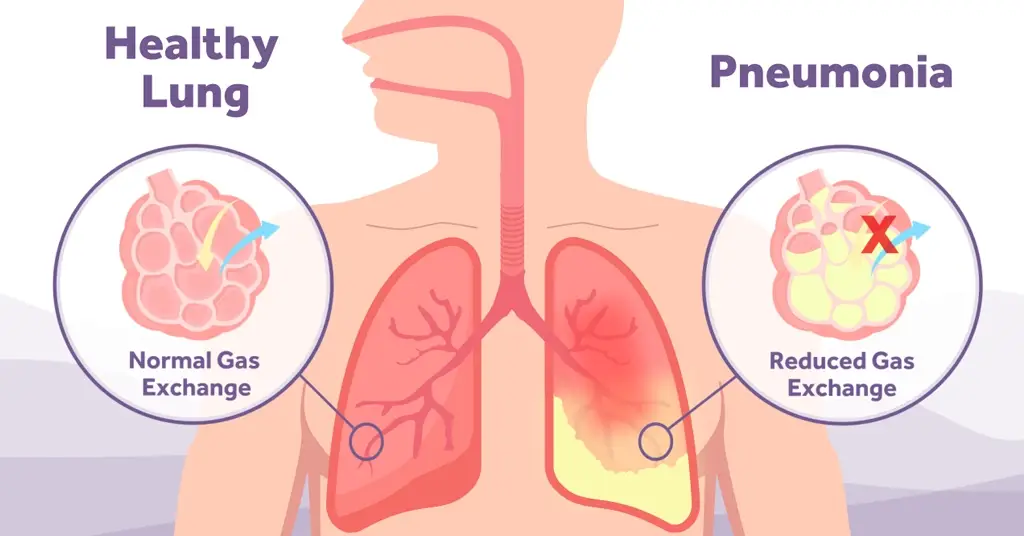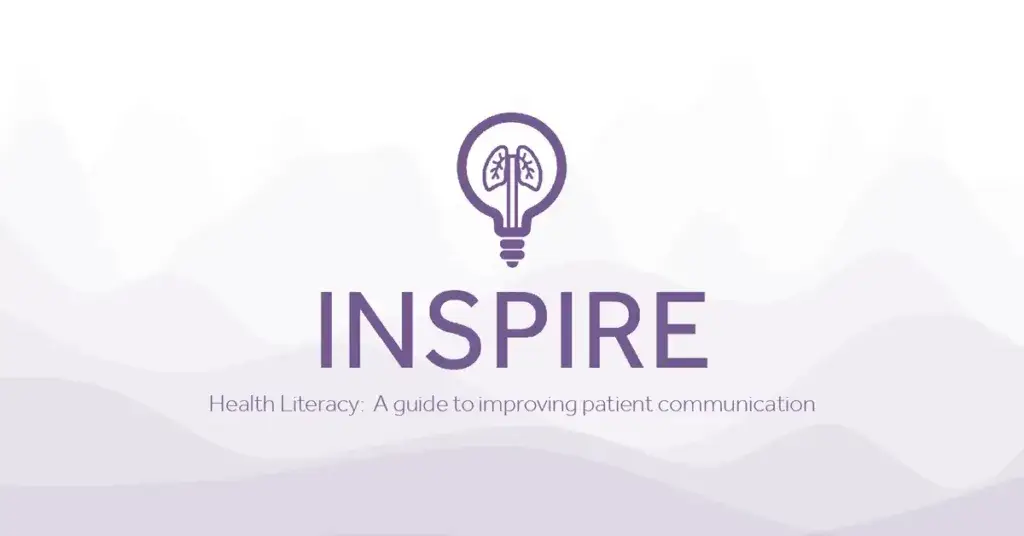Respiratory Syncytial Virus - Be Prepared

With multiple viruses still going round the world at different times in different seasons it is hard to predict the severity of winter respiratory viruses occuring this year; making it difficult to plan staffing levels and ensure adequate stock levels of the devices and equipment required to cope with any possible surge. Respiratory Syncytial Virus (RSV) was first discovered in 1956 and is a virus that comes round at least annually to most countries, so maybe now is a good time to think ahead and be prepared?
What is RSV?
Respiratory syncytial virus is an enveloped RNA virus and is in the same family as the human parainfluenza viruses and mumps and measles viruses. RSV is one of the common viruses that cause coughs and colds in winter usually causing mild respiratory infection in adults and children, but it can be severe in infants who are at increased risk of acute lower respiratory tract infection. It is the most common cause of bronchiolitis (inflammation of the small airways in the lung) in children aged under 2 years and pneumonia in children younger than 1 year of age in the United States [1].
Public Health England monitors levels of RSV activity in England and Wales and publishes information throughout the RSV season [2]. Advice on the symptoms, diagnosis, treatment, management and epidemiology of RSV can be found at Respiratory syncytial virus (RSV): guidance, data and analysis – GOV.UK (www.gov.uk).
How is it transmitted?
RSV is transmitted by large droplets and by secretions from contact with an infected person. The virus can survive on surfaces or objects for approximately 4 to 7 hours.
The incubation period (the delay between infection and the appearance of symptoms) is between 3 to 5 days[1].
What are the symptoms and diagnosis?
RSV infection causes symptoms similar to a cold, including rhinitis (runny nose, sneezing or nasal congestion), cough, and sometimes fever. Ear infections and croup (a barking cough caused by inflammation of the upper airways) can also occur in children. The bronchiolitis suffered makes breathing harder and may cause difficulty with feeding.
During the RSV season a laboratory diagnosis is not always necessary as infection can be managed. Specific laboratory tests to confirm RSV require a sample to be taken from the nose and throat [3].
What are the available treatments?
There is no specific treatment suitable for general use, and treatment is therefore aimed at supporting the patient and relieving symptoms. Ribavirin is an anti-viral drug licensed for treatment of RSV infection, which is sometimes used, either by inhalation for less severe or intravenously in the management of severe illness. Its effectiveness is not established and it may be associated with toxicity [6]. As well as the above supportive treatments, hydration with intravenous fluids and humidified oxygen may be administered such as…
- Bubble PAP
- HFOT with nasal cannula
- Paediatric CPAP with mask and humidification
- Low flow oxygen
Is immunisation available?
Palivizumab, a monoclonal antibody therapy, is licensed in the UK for the prevention of serious lower respiratory tract infection caused by RSV in infants at high risk of infection and is listed on the NICE website [4].
When does RSV circulate?
In temperate climates such as the UK, RSV occurs regularly each year. Epidemics generally start in October and last for 4 to 5 months, peaking in December. The sharp winter peak varies little in timing or magnitude, in contrast to influenza virus infection which is much less predictable in its timing.
Are there any risks associated with RSV?
For most people, RSV infection causes a mild respiratory illness. For a small number of people who are at risk of more severe respiratory disease, RSV infection might cause pneumonia or even death.
According to the UK Health Security Agency (UKHSA) over 60% of children have been infected by their first birthday and over 80% by 2 years of age. Unfortunately, the antibodies that develop following early childhood infection do not prevent further RSV infections in the future. The degree to which adults are affected by RSV remains unknown.
What impact does RSV have on high-risk groups?
The very young (under 1 year of age) and the elderly are at the greatest risk. While most RSV infections usually cause mild illness, infants aged less than 6 months frequently develop the most severe disease such as bronchiolitis and pneumonia, which may result in hospitalisation. Children born prematurely, or with underlying chronic lung disease, and the elderly with chronic disease are also at increased risk of developing severe disease.
Only a minority of adult infections are diagnosed, as RSV is not widely recognised as a cause of respiratory infections in adults. Elderly patients are frequently not investigated microbiologically, as there are fewer viruses present in their respiratory secretions compared with children. This results in the number of adult infections being underestimated.
RSV Prevention
RSV is highly contagious. Each year in the USA, an estimated 2.1 million outpatient visits occur in children younger than 5 years of age due to RSV infection. There are some steps you should take to prevent its spread. The most effective means of protection are some of the simplest, such as:
- Avoiding close contact with infected people
- Avoiding sharing cups, bottles or toys that may have been contaminated with the virus since the virus can live on surfaces for several hours
- Thoroughly washing hands with soap and water after coming into contact with an infected person [5].





